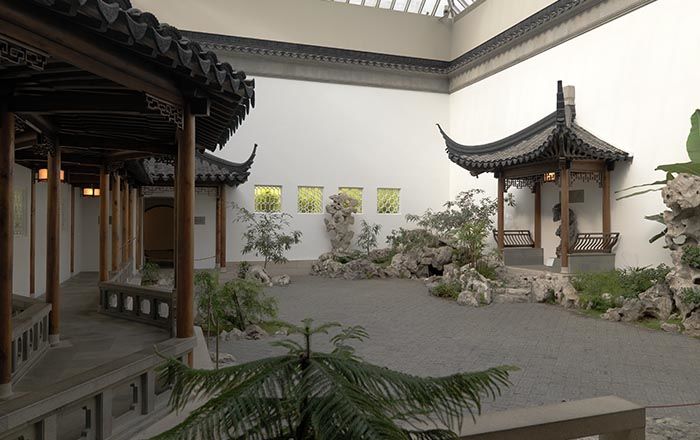Welcoming Descent of Amida and Bodhisattvas
Not on view
Like many of the works of art created to represent the Pure Land belief in salvation through faith, raigō ("welcoming descent") paintings like this one were indispensable religious furnishings at the time of death. Such raigo paintings depict the scene in which Amida (Sanskrit: Amitabha) and his attendants descend from heaven to take a believer back to the Western Paradise on a lotus throne. The scrolls were often hung by the bedside of the dying to ensure the prospect of rebirth in paradise. Since traditionally the dying lay with their heads to the north and their faces turned west, raigō paintings usually depict the Buddha and his entourage coming from the upper left down toward the lower right so as to meet the gaze of the dying. Sometimes silken cords were attached to Buddha's hand, offering the dying physical assistance during the journey to paradise.
#8845. Welcoming Descent of Amida and Bodhisattvas
This image cannot be enlarged, viewed at full screen, or downloaded.

